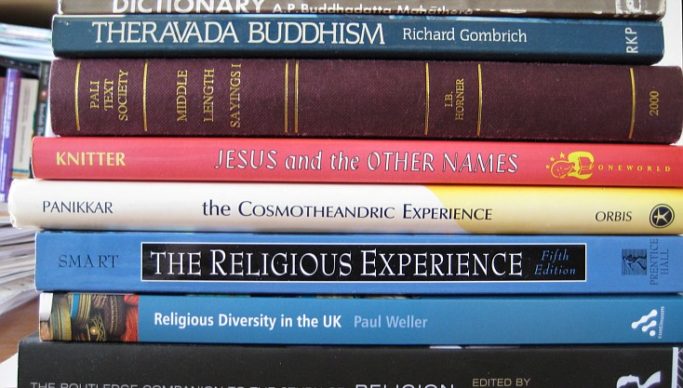
A Scholar’s Analysis of Religion
- By Ash D --
- 22 Dec 2022 --
How would you define religion? And if it was stipulated that it had to cover your own religion and every other religion, would it be the same definition?
If you were writing a survey asking individuals to describe their religion, the questions might include: One god? Many gods? No gods? Religious morals? Religious law? Rites? Holidays? Scripture? What are the potentials of Man? Are you a spirit? What happens when you die? How did you get here?
That might not even scratch the surface of your religion.
Religious scholars, try as they may, don’t have a definitive statement on what exactly is religion. Filip Holm, creator of the YouTube series Let’s Talk Religion and religious scholar, says there is no agreed-upon definition of religion. He gives several definitions including Edward Burnett Tylor’s “belief in spiritual beings” and his argument that this is no more than a crutch to explain the unexplained. Holm also brings up Emile Durkheim’s definition: “a unified system of beliefs and practices relative to sacred things, that is to say, things set apart and forbidden—beliefs and practices which unite into one single moral community called a Church all those who adhere to them.” Max Weber’s description of religion as psychological phenomena that act like a strategy to cope with difficult questions in the world. And more with Clifford Geertz’s description from 1965, “A religion is a system of symbols which acts to establish powerful, pervasive, and long-lasting moods in men by formulating conceptions of a general order of existence and clothing those conceptions with such an aura of factuality that the moods and motivations seem uniquely realistic.”
Holm goes on to describe the difficulties he and other scholars have when trying to encompass world religions. As he and many other scholars are raised in the West, the concept of religion is shaped by Christianity. So when looking at other religions around the world they stumble by assuming these other religions fit the same “mold,” only to find they are unique and in ways have no comparison in Christianity and vice versa. One example being between Christianity and Islam, arguing that the roles of Jesus and Muhammad are not comparable, Holm even making the argument that if a comparison had to be drawn, it should be between Muhammad and the Virgin Mary.
Another approach that is in some ways more embracive are “functionalist” and “substantive” definitions. James A. Beckford defined functionalist as “one which focuses attention on the contributions allegedly made by the phenomenon in question to the stability and/or survival of a social or cultural entity,” and substantive as “religion has an essence or essential nature which can be known for certain only by intuition and introspection.”
At a personal level, one defines religion for oneself. The scholars and religious researchers are trying to make it possible for anyone, Christian, Muslim, Hindu, etc., no matter their personal definition of religion, to accept and understand the unique religions of others.



















